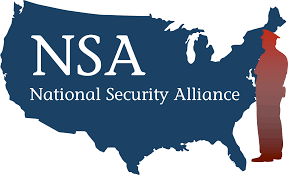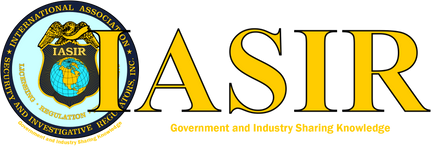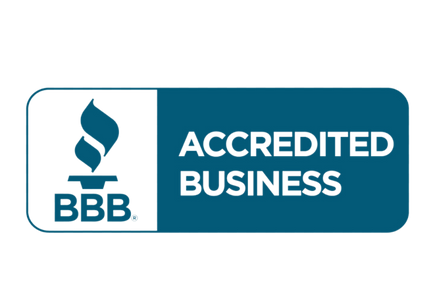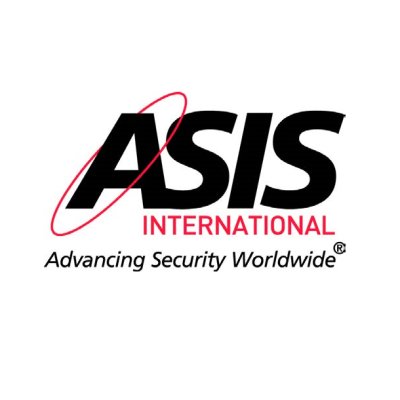
Discover essential observation and reporting skills every security guard needs. Learn how to spot threats, improve incident reports, and boost retention through effective guard training.
Must-Have Guard Skills: Honing Your Observation and Reporting Abilities
Randi Sherman
5- minute read
Observational skills are integral to success as a security guard. Recognizing suspicious behavior can lead to proactive crime prevention, minimizing loss and injury, and enabling early detection and prompt incident response.
Guards must be keenly aware of their surroundings so they can quickly detect things that are anomalous or out of place. Prevention is always the goal, but when a breach has occurred, observation is still critical, as the guard is tasked with reporting the incident to police, the employer, and emergency responders and providing documentation detailing what happened.
Strong communication skills are integral to incident reporting and response, as the guard may have to liaise with multiple stakeholders as they resolve the issue. Verbal and written communication are equally important. Written reports should show the same level of detail as verbal reports to ensure nothing is overlooked when reviewing the matter after the fact.
The report may be referenced should the incident become a legal matter that ends in court. Poor reporting could put the guard and the security company in an unfortunate position, resulting in costly legal liability.
Today, we’ll discuss observational skills and report writing and offer tips to boost these skills, stay compliant, and improve security outcomes.
Tips to Enhance Guard Observation Skills
Here are a few key areas to focus on as you hone your observation skills.
· Stay alert and maintain situational awareness. Situational awareness is developed through training and experience. Guards must be alert to their surroundings and be able to recognize threats in any environment. Context is critical as it determines what type of response is required. Understanding what constitutes “normal” behavior in certain environments is key to applying the proper response.
· Notice unusual behavior, patterns, and potential threats. Sometimes, the smallest shift in dynamic can indicate a problem. Before acting, guards must use their observational skills to gather information on suspect descriptions, appearance, and behavior and listen closely for any indication of a threat.
· Use all senses to gather information. Sight, sound, and smell can provide vital clues as to what’s happening or about to happen. Even when the guard can’t see a perpetrator, they might hear conversations or activities or catch a whiff of an illegal substance that tells them what’s transpiring before they engage. This information can help them determine the proper course of action to take and whether it should involve law enforcement.
· Practice memory retention techniques for accurate recall. Security incidents often happen quickly and don’t allow much time for documentation while they’re going down. This is where memory techniques can come in handy as they will allow the guard to accurately recall details and record or report them as soon as possible. Methods like active recall, mnemonics, and organizing information are recommended exercises to boost retention. However, staying fit, eating right, and getting plenty of sleep also helps to keep the brain sharp and nimble.
Effective Note-Taking and Report Writing
Writing incident reports and taking accurate notes are essential to any guard engagement. Relevant details like time and date, location of the incident, who was involved, and further information leading up to the incident must be recorded as they will be reviewed after the fact.
The incident reporting basics must include the Who, What, When, Where, Why, and How. Use this as a template for each report and provide as much detail as possible, using clear, concise, and factual language.
Provide unbiased, objective reports of observations and avoid assumptions or personal opinions, as these could be construed as discrimination. For example, if a person were having a mental health crisis, it would be better to say that the person seemed distressed and was acting erratically rather than saying they seemed homeless or on drugs. It is better to describe the actions, not the person, as you can’t surmise what you don’t know.
Reports must be legible and easy to understand at a glance. Keep the language concise and straightforward, and stick to the facts.
Using Technology for Consistency and Accuracy
Despite all efforts to observe and recall incidents accurately, incidents can happen so quickly that details can easily be missed. Technology can be a massive help as it can provide context and help to fill in the gaps when memory doesn’t serve.
Bodycams and security cameras are some examples, as are voice recordings and photographs. A guard might record their observations as a voice memo or take a video or a few photographs to aid them in completing their incident report and supporting their findings.
Today’s guard firms commonly use digital security reporting systems to track incidents and monitor guard performance. Reports are stored in a centralized database where they can be reviewed and recalled if requested as evidence in legal matters. That being said, it’s still important to be able to complete manual reports and articulate incident details. If technology should fail, the incident still needs to be reported to protect the interests of the guard, the firm, the client, and the public.
Practical Training and Continuous Improvement
Practical training is the best way for guards to learn and improve observation and reporting skills. Observation exercises and drills help guards stay sharp, putting them in real-life situations where they can become familiar with typical and atypical scenarios.
Reports can also be a critical source of intel, especially in cases where things didn’t go as well as they could have. Report writing is a big part of being a guard, so it’s essential to build the skills needed to write them well, keeping in mind that many people will review them, and they may be used as evidence in legal proceedings.
Reviewing reports with supervisors and colleagues can help identify skills gaps and provide additional training strategies to improve observation and reporting skills.
As with most things, practice makes perfect. We learn from our missteps and grow with constructive feedback. Training benefits guards at all career stages as it ensures the individual has the information and knowledge they need to achieve excellence.
Reporting and Observation: Essential Skills for Security Guards
The importance of observation skills and reporting can’t be understated. Guards who are proficient in these attributes can proactively prevent security incidents and reduce risk and liability through accountability.
Continuing education and training is the best way to keep these skills sharp and improve communication, memory, recall, and attention to detail. Browse Defencify’s self-paced continuing education courses today to discover what’s possible.






